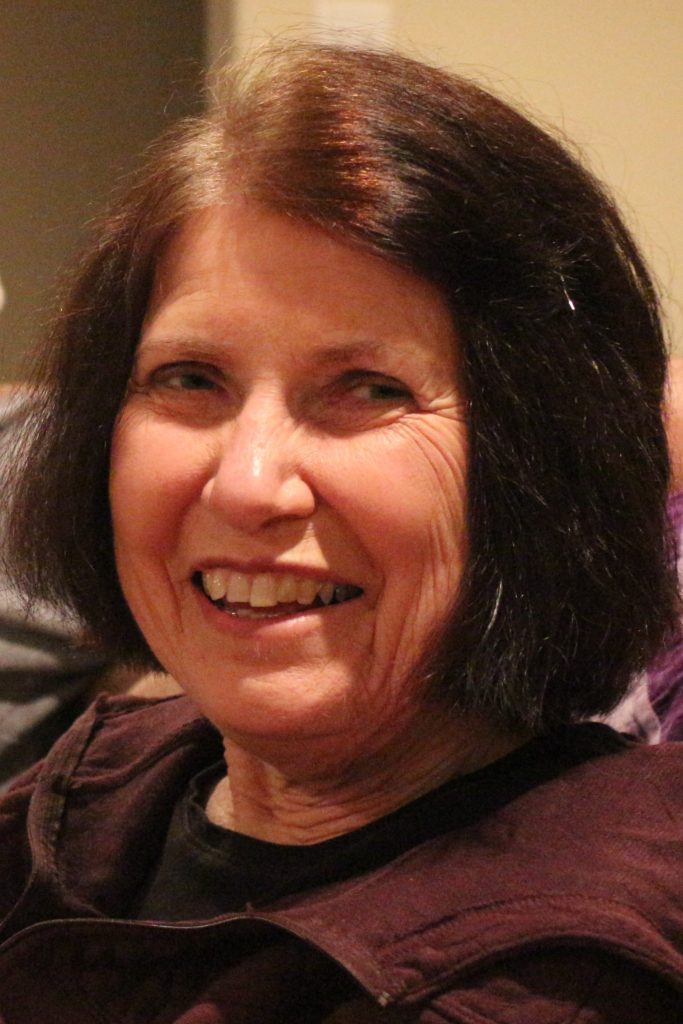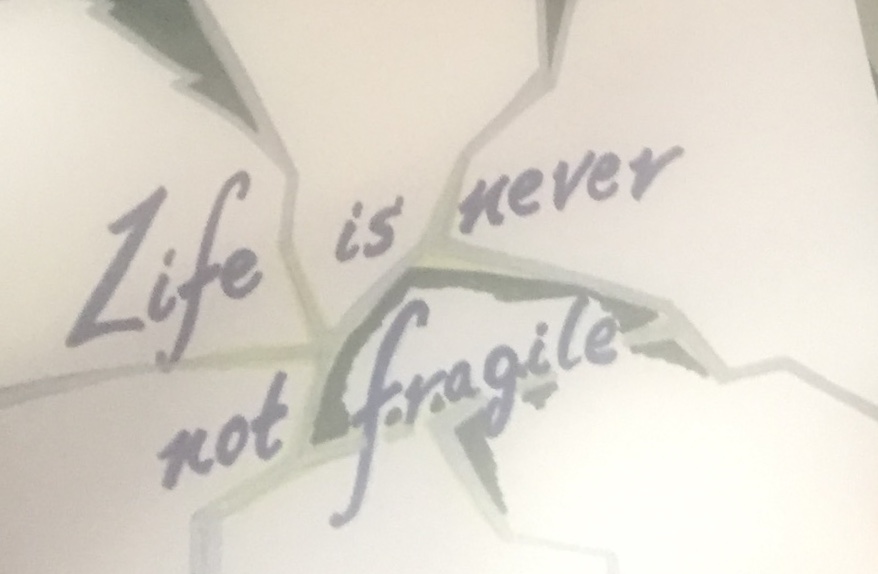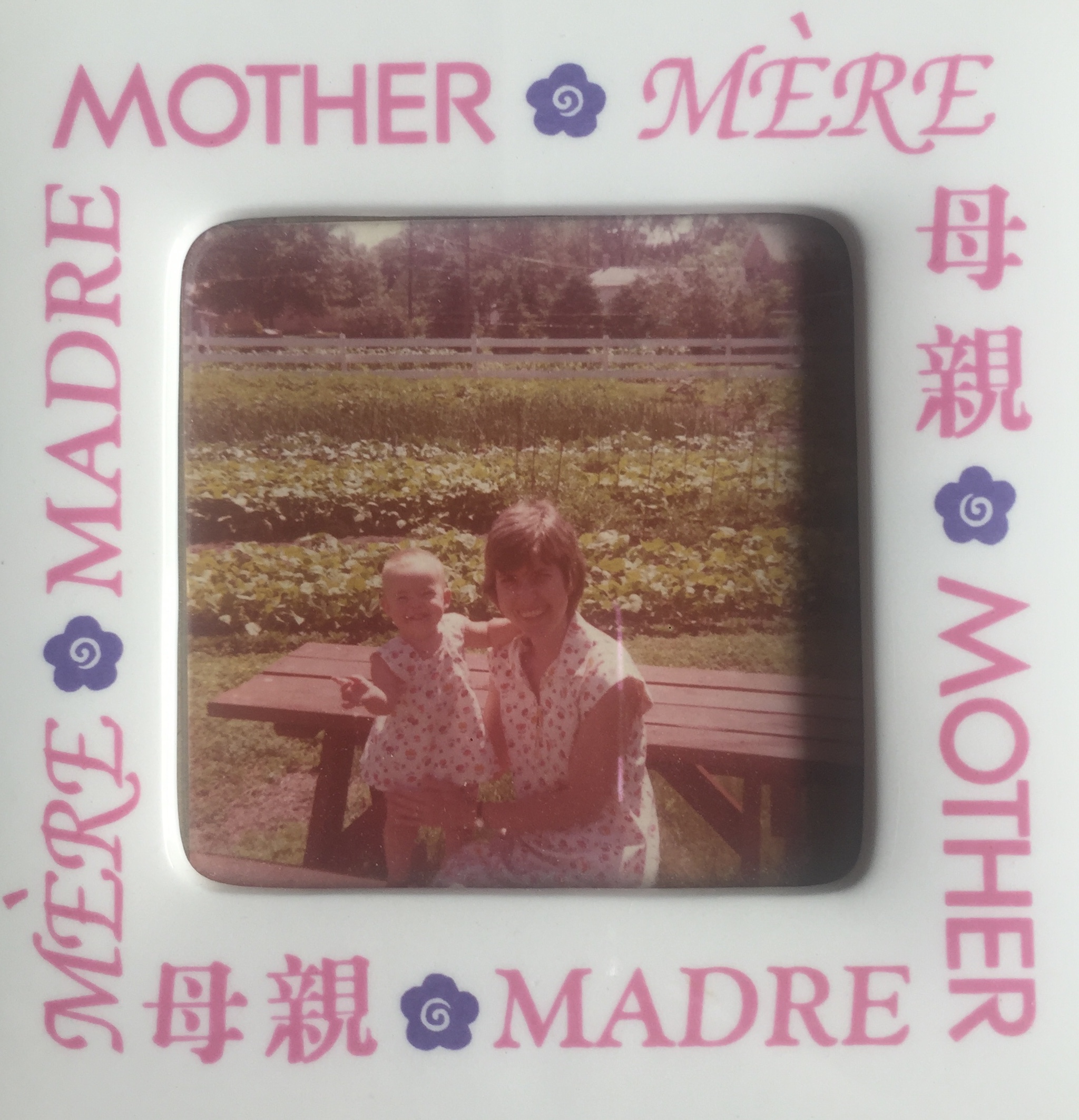My mother died 42 days ago.
My mother died 42 days ago.
I have worked in philanthropy and international aid for what will soon be 20 years. At this point in history, when it comes to the issues at hand – the climate crisis, authoritarian regimes, extractive economic systems – there is only one thing that matters to me at this moment of my life:
Saying the hard thing, out loud. There’s no time to waste.
Saying the hard thing is quite possibly one of the most challenging obstacles we face in our sector. It requires risk, both professional and personal. It requires us to examine our fears and get real about what holds back progress. It requires courage.
Saying the hard thing – in our teams, with our bosses, in our board meetings, with our grantees – means that which we often value most, if unconsciously – stability, security, predictability – could be upended.

I am writing this to tell you that stability is an illusion – an illusion that we who believe the world can be more equitable and just can rely upon in our grantmaking or our programs anymore. It’s time to get serious about moving more money in more disbursed ways than ever before. And to do so, the most important innovation needed may be:
Saying the hard thing.
So I won’t write about the newest funding modalities we have developed at Thousand Currents, nor about the latest practices we’re working on. These days, I’m much more interested in sharing stories of the times people said the hard thing, like:
“Our sector has, no, I have a racism problem.”
“This isn’t working. We have to change direction/strategy.”
“Our relationship with money/donors is sick.”
Our family had spent a lovely holiday together and the day after New Year’s, in an instant, my mother was on a helicopter from her home in rural Nebraska to the capital city. It was a hemorrhagic stroke in the right side of her brain, not a clot but a burst vessel. The doctor told us after her craniotomy that, “It was up to God and her.”
She awoke in the neuro ICU and another doctor declared her “a miracle.” We had 80 more days with her, until her 2nd hemorrhagic stroke in the left side of her brain, which was unsurvivable.
When people die, we tend to memorialize them in ways that focus on the best things about a person. My mother, a former teacher and then nonprofit executive, had plenty of traits to sing about – her kindness, her dedication, her positivity – all traits I try to emulate in my own life and work and that I feel so lucky to have had modeled for me.
But my mother was a whole person. She had flaws. Like all of us, she made some questionable decisions and was unconscious of things in her life too. The last 80 and then 42 days have been rough for her children and those closest to her to say the least. Suffice to say, that I’m functioning at all feels like another miracle. But here I am, writing as my flawed and grieving and whole self.
We tend to talk about philanthropy in the same way we talk about those who have died – we focus on the best things. But, right now, I can say the hard thing to all of you, because I have no energy for filtering.
 Since January 2nd, I have said so many hard things I never thought I could, out loud, among our family, in order to ensure my mom received the care she deserved and then the memorial that would best honor her. (My brothers and I joke about the forthcoming screenplay.) I have also encouraged and supported and celebrated my two courageous younger brothers as they share their truths too.
Since January 2nd, I have said so many hard things I never thought I could, out loud, among our family, in order to ensure my mom received the care she deserved and then the memorial that would best honor her. (My brothers and I joke about the forthcoming screenplay.) I have also encouraged and supported and celebrated my two courageous younger brothers as they share their truths too.
Saying the hard thing has been painful at times, yes, and our family struggles are not over. But I can say that my brothers and I are better for it – more confident about our ability to handle anything that life throws at us, more connected to each other, and more importantly, more free to make decisions that is best not only ourselves but for all of us.
So why is saying the hard thing vital in the international aid and philanthropy sector?
People need to hear not just diverse, but differing perspectives. Contrary to mainstream myths, solutions to our greatest shared challenges are not born in the boardroom nor the pages of a proposal. The falsehood that we are singular, that we can just ideate or consume our way to a better world without fundamentally transforming the roots of the economic and political systems that drive inequality and environmental destruction—is one we have to actively fight against right now.
Even if speaking up doesn’t go perfectly, it’s a start to more truthful, inclusive way of being and working together.
 In her last days on earth, my mother taught me that saying the hard thing can give way to doing the brave thing. She taught me that healing is possible and my voice is even stronger than I thought.
In her last days on earth, my mother taught me that saying the hard thing can give way to doing the brave thing. She taught me that healing is possible and my voice is even stronger than I thought.
And most importantly, now I can tell you:
So. is. yours.
My mother died 42 days ago. I’ve learned many things this year, like when modern medicine, the love of family, the support of community, a higher power, and my mother’s strength combine, it is hard to be anything but hopeful. I also am still learning about sorrow, despair, uncertainty, courage, and liberation.
Even if you haven’t been able to do so up until now, at your next meeting, let my 2019 so far be your living proof. You can say the hard thing.
***

Related Posts (all mention my mom or others’ moms)
What the U.S. resistance can’t imagine
It’s about more than school fees
The stories still hard to find: The local responses to Ebola
Why are the flags at half-mast?
Don’t you talk about my…that way…
Brainwashed by the Do-Gooder Industrial Complex
How to Make People Glad That You Are There: Some Motherly Advice

Jennifer. A beautiful post about your mother, and the importance of speaking our truth. I can’t imagine what you must be going through. About 42 days ago I also saw your mother had passed, and have been thinking of when is the right time to contact you to send my condolences. I wanted to be authentic, but realised we’ve only really communicated once, one year ago. You gave me your time and energy in solidarity, as I continued on my path to make sense of my past experiences, and frustrations with the seemingly insurmountable inequities of this world. I wasn’t sure what words to use to express my profound gratitude for you sharing some of your wisdom, joy, and heartache. Your post here has made me realise that all I needed to do was just reach out and say THANK YOU, and I’m so sorry for your loss. Your mom has helped to raise a caring, intelligent and present daughter, no doubt. I look forward to connecting again with you. All the best from Vancouver (on route to Tanzania). Sincerely, Ella
ps – I still read all your posts, and when you’re ready, would love to connect again. I had a baby girl on January 2nd so have been a bit MIA over the past year! But looking forward to continuing on this path with you.